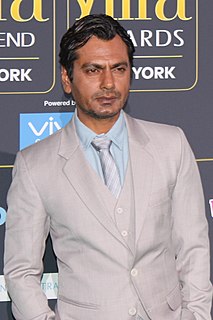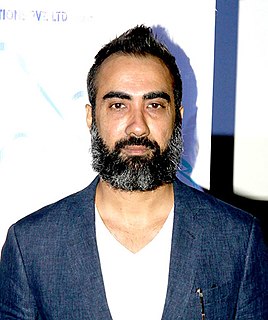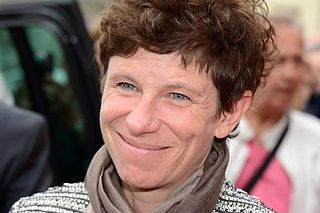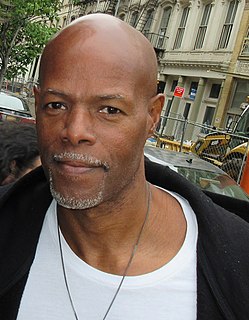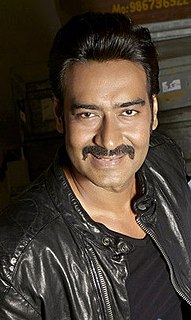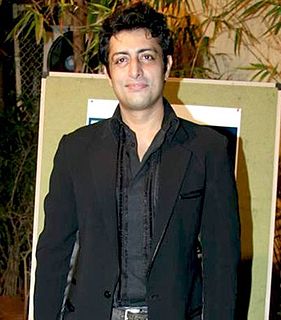A Quote by Daniel Wu
I wanted to try every style available to me - large productions, small productions, studio films, low-budget. You just can't sit around and wait for every big-budget film to come along.
Related Quotes
People talk about the difference between working on stage and working on film. I think you could say that there are as many differences between working on low budget films and working on big budget films. You really are doing the same thing, but at the same time you're doing something vastly different as well.

